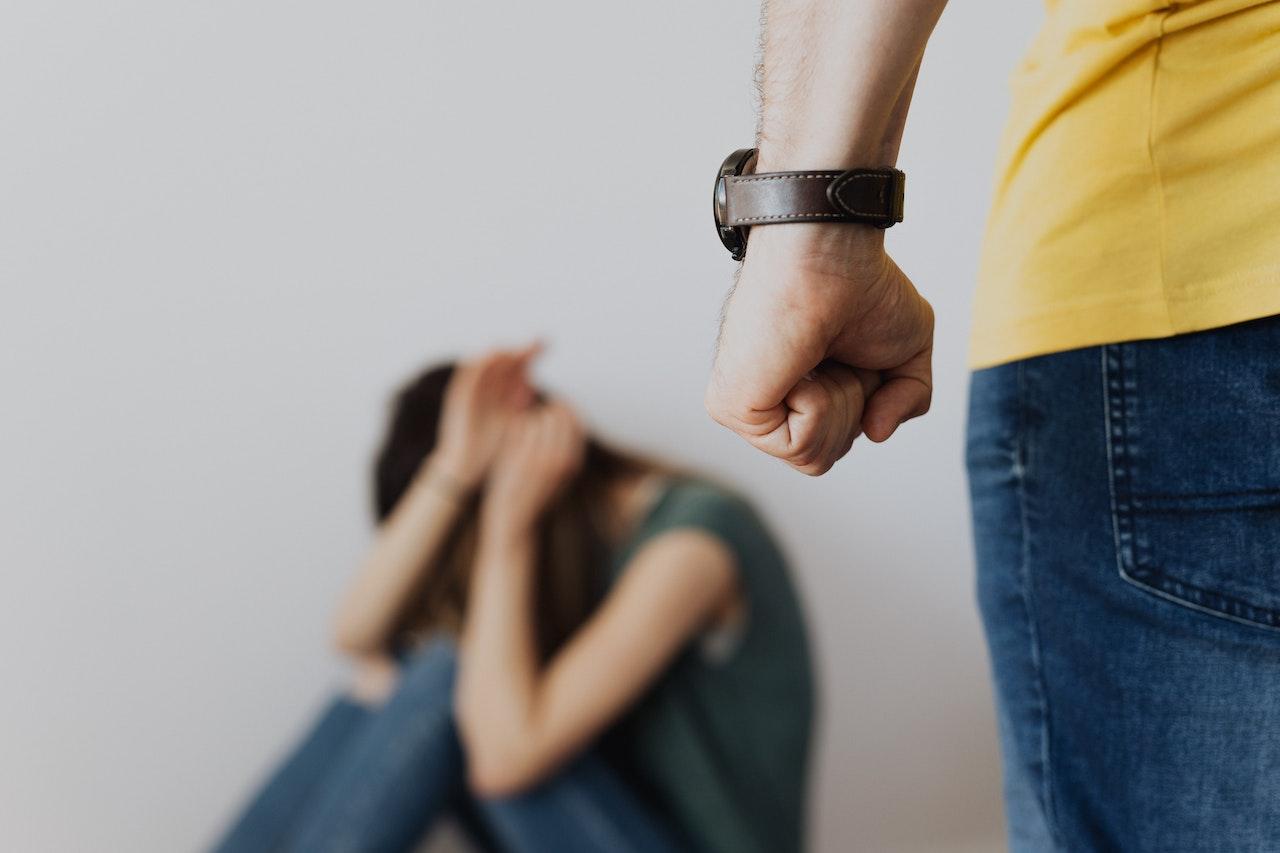Separating from an Abusive Spouse

Recognizing that you and your children are not safe in your home is a terrible dilemma. You might know you must leave but not know how to get out safely. Abusive partners often ratchet up the violence if they know or suspect you plan to leave them.
There are several steps you can take to protect yourself and your family. One of them should be establishing a relationship with a capable Virginia family attorney. They could be available to offer advice and help you prepare for a separation or a divorce.
Plan If You Can
If you and your children are not in imminent danger, some advance planning could be extremely helpful. Make an appointment with a knowledgeable Virginia family attorney to understand what will happen when you file for divorce. There are a few things you can do to prepare.
Put Some Cash Aside
When you file for divorce, the court will issue an order that you may not dispose of marital assets. In a few weeks, the court will issue orders allowing you to take care of bills and necessities out of marital funds, but having a little money put away—or knowing who you could turn to for a loan—is vital if you must leave quickly.
Document Every Frightening Incident
Until you are ready to leave, note every time your spouse threatens you or your child, behaves abusively, throws something, or intimidates you verbally or physically. Take pictures of the broken pieces of the plate they threw at the wall or the bruise they left on your wrist. Your notes and pictures could be evidence of a dangerous home environment that you will need if your spouse claims you are exaggerating or fabricating incidents to gain an advantage in divorce or child custody claims.
Develop a Support System
Depending on your circumstances, a trusted friend, family member, counselor, or support group can be a tremendous source of practical advice as well as emotional support. Abusive partners are often manipulative and engage in gas-lighting and other behaviors that might weaken your will to leave. Strong support from others can help you remain focused on keeping yourself and your children safe.
Get a Protective Order if Domestic Violence Occurs
In Virginia, domestic abuse could be an act of violence, force, or threat that leads a person to fear for their safety or others’ safety. When you experience this behavior, you could seek a protective order.
A protective order can prevent the abusive spouse from entering the home or approaching or having contact with the spouse who requested the order (the petitioner). If necessary, a Court in granting a protective order also could award temporary custody of the children to the petitioner, and require temporary alimony and child support payments.
Emergency Orders
When a spouse or partner commits physical violence against you or your child, call the police. The police could arrest the abuser and arrange for an emergency protective order. A court could issue these orders every day of the year, 24/7, and they take effect when served. However, they are only effective for a few days.
Preliminary Protective Orders
You could apply to the court to extend the emergency protective order by issuing a preliminary protective order. You also could seek a preliminary protective order even if you do not have an emergency order.
A court may issue the preliminary order immediately but will hold a hearing to give the allegedly abusive spouse or partner a chance to present their side of the story. The hearing will be scheduled within a few weeks of issuing the preliminary protective order.
At the hearing on the preliminary order, you have the chance to present evidence of abuse. If the court believes that you or your child is at risk of harm, it could issue an order of protection. In many cases, the order also awards temporary custody of the children and child and spousal support.
How Domestic Violence Affects Divorce
Courts consider credible allegations or proof of domestic violence when making decisions regarding child custody and alimony. A parent with a documented history of family violence is less likely to receive joint physical custody or overnight visitation with the children. In appropriate cases, a court might order that visitation with the children be supervised by a trained social worker or other professional.
Courts favor both parents retaining decision-making authority over the children in most cases. However, Virginia Statutes § 20-124.3 allows courts to award sole physical custody and decision-making authority to you alone if your co-parent is violent, abusive, or threatening toward you or the children. If necessary, transferring the children for visits can occur at a police station or similar safe place.
Domestic violence does not disqualify a parent from custody—you must make the case that the co-parent cannot provide a safe environment for children. A court often appoints a Guardian ad Litem (GAL) to interview the parents and the children and recommend a solution that supports the children’s best interests. A Virginia family attorney could explain how to work with the GAL to accomplish your custody goals.
A Virginia Divorce Attorney Could Help You Escape an Abusive Relationship
When your partner or spouse is abusive in the home, they are harming you and your children. You must do your best to leave as quickly as possible.
A Virginia divorce attorney could be a source of sound advice and support when you need it. Call today to speak with a compassionate attorney.













